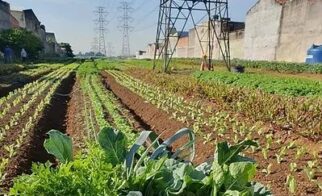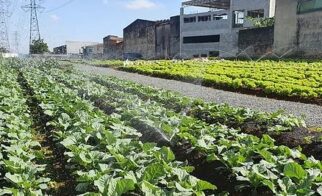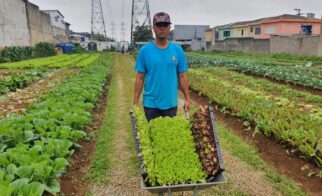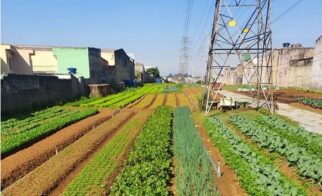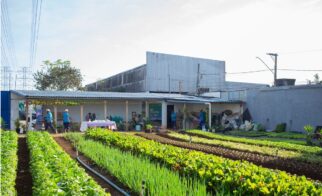Cities Without Hunger is a Brazilian NGO which works with grid operators and local communities to transform the unused areas around power lines into productive agricultural spaces. The lines are located on the poor suburbs of Brazilian cities and employ local people, thus providing jobs, tonnes of organic food at affordable prices, and improving the people’s relationship to the infrastructure.
Highlights
01
A scalable solution which improves food security; combats urban poverty; reduces usage of pesticides, water usage and carbon emissions.
02
Employs around 600 local people across 33 urban grid-farms. ±6,000 tonnes of organic food were produced in 2022.
03
Works closely with the grid operators and regulator to comply with safety specifications for safe permanent use.
Main Information
Despite Brazil being one of the world’s largest agriculture exporters, around 62 million citizens experience food insecurity, with poorer populations in urban areas being particularly vulnerable. Since 2004, Cities Without Hunger (Cidades sem Fome) has been building urban farms beneath transmission cities in major cities.
They identify and lease appropriate sites (±2 ha) from the grid operator, then work with local communities to prepare the space and train local people in organic agriculture and site management according to safety rules. The vegetables produced are sold in the neighbourhoods themselves, generating a supply of cheap organic food and monthly income for the workers. The project constantly undertakes research with workers, consumers, academia, and other initiatives on how to improve urban farms.
other practices



